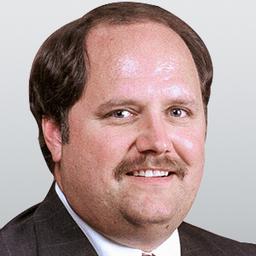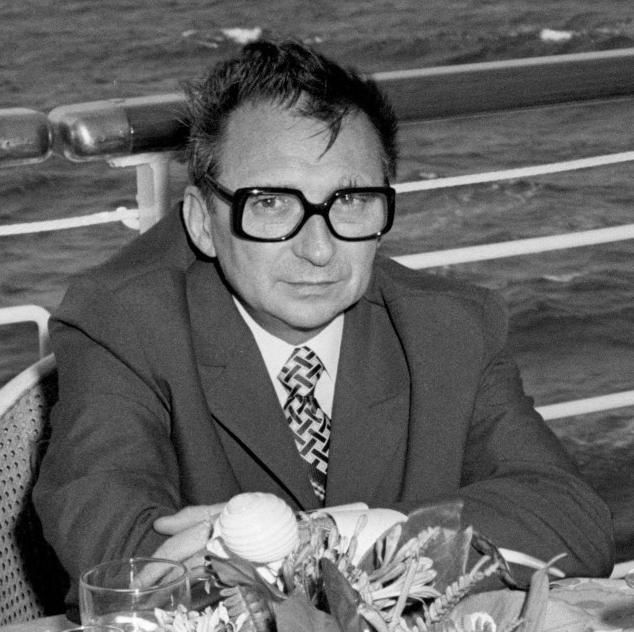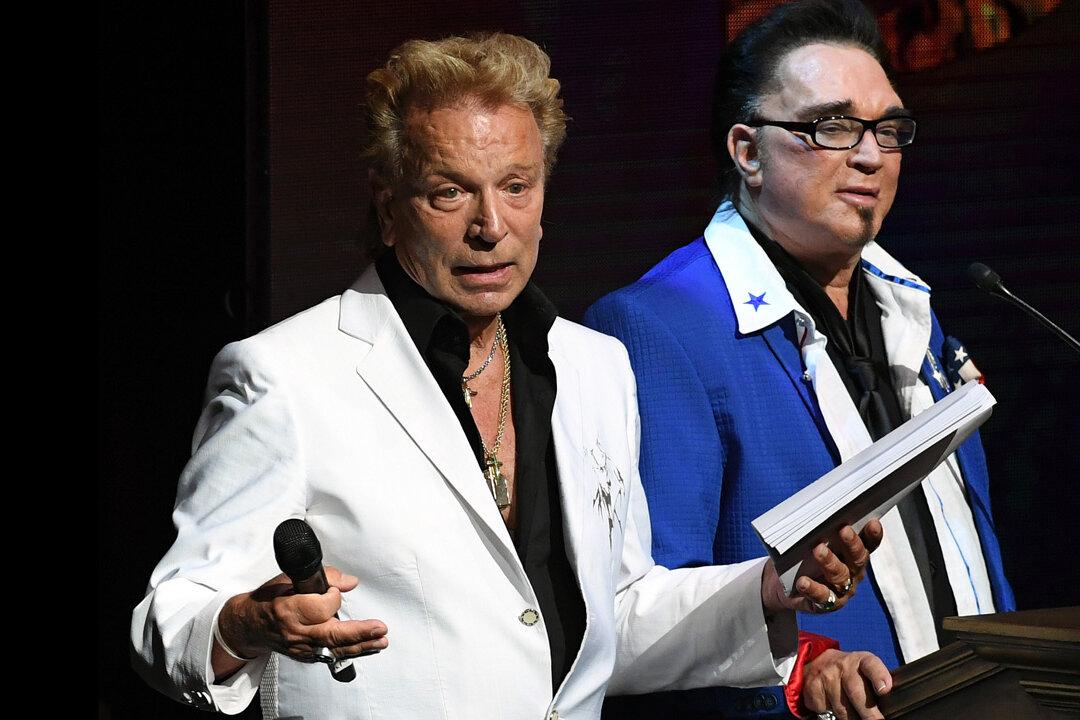Commentary
A 1957 raid finally convinced FBI Director J. Edgar Hoover that there was such a thing as organized crime, but not until President John F. Kennedy appointed his younger brother, Robert (or Bobby), as attorney general did the federal government get serious about taking it on.





